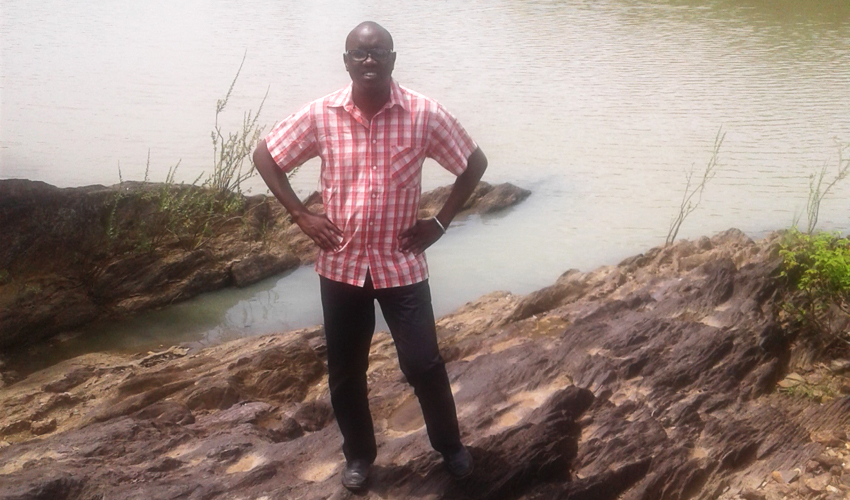Agriculture and fisheries stakeholders in Senegal ready to act for biodiversity
As part of the BIODEV2030 project, IUCN Senegal deployed an innovative mobilisation approach to catalyse voluntary commitments from economic actors for biodiversity. After seven participatory workshops held in October and November 2022, 14 participants from the agriculture and fishery sectors defined their ambitions, objectives and concrete actions to restore and conserve the biodiversity of the Niayes landscape in Thiès territory.
Implemented by a consortium of national and international consultants led by LEAF Inspiring Change GmbH, the tailor-suited mobilisation approach combined five sessions of strategy games led at landscape level with three national and sub-national workshops involving Senegalese authorities and decision-makers.
Based on the hypothesis that any improvement in local biodiversity conditions requires a change in the practices of each local actor, TerriStories©, a participatory game developed by CIRAD, was used to bring out collective commitments where each stakeholder (private sector, local associations, local authorities, technical services, etc.) proposed their own commitments as well as for the other stakeholders, to co-build an effective and sustainable strategy.
To empower participants to achieve such results, the game sessions were structured in five phases to help players to:
- Build their own vision of their landscape;
- Make the biodiversity degradation visible;
- Freely express the causes of the problems;
- Collectively identify actions that the different actors can take to reduce negative impacts on biodiversity;
- Build a collective strategy to enforce decisions.
The bottom-up, participatory and inclusive approach was very well received by the participants. It enabled them to formulate and detail specific voluntary commitments and distribute the responsibilities for achieving them. Recent results of the sessions’ monitoring and evaluation study show that they also created a lasting multi-actor dynamic between the participants. These actors planned to pursue the commitments together in an autonomous manner, whether to i) monitor the implementation of their commitments or to ii) obtain commitments from actors who had not yet been mobilised. The elected representatives of local authorities showed strong support for these dynamics and perspectives during the games and workshops.
On 30 November 2022, fourteen representatives from the Senegalese agricultural and fisheries sectors agreed on four ambitions to restore and conserve biodiversity: planting 800,000 trees every year in fields and mangroves, adopting agroecology, fishing sustainably and turning waste into compost to be used by farmers. These ambitions come with eight voluntary commitments to transform practices in their sectors and five requests to the State to improve regulations.
The second phase of BIODEV2030 was officially confirmed by the French Development Agency (AFD) in March, and is expected to start in September 2023. This second phase will build on the momentum created in the first phase: it will support the implementation of commitments already secured, seek to mobilise stakeholders who did not participate in the first phase and facilitate discussions on the evolution of sectoral policies to preserve biodiversity.
The BIODEV2030 project is financed by the Agence Française de Développement (AFD), coordinated by Expertise France and implemented by IUCN and WWF.

